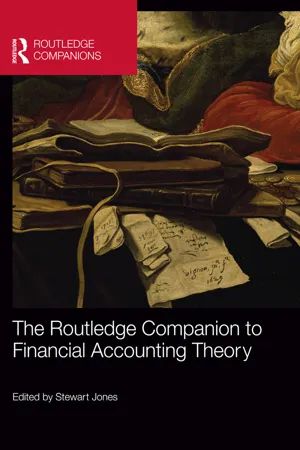Business
Agency problem
The agency problem refers to conflicts of interest that arise between principals (such as shareholders) and agents (such as company executives) when the agents are entrusted to make decisions on behalf of the principals. This can lead to situations where agents prioritize their own interests over those of the principals, potentially resulting in agency costs and reduced overall performance.
Written by Perlego with AI-assistance
Related key terms
1 Key excerpts on "Agency problem"
- Stewart Jones(Author)
- 2015(Publication Date)
- Routledge(Publisher)
Agency problems arise in an agency relationship if it is too costly (or even impossible) to write a contract that covers each and every conceivable circumstance. In circumstances not covered by contract requirements, the parties make decisions that maximize their expected utility regardless of the effect on the welfare of the other parties. The most common Agency problem results from the separation of ownership and control of a firm (Fama and Jensen 1983). Growing firms are in need of external financing, and many investors are unable or unwilling to participate in the management of the firm, so they delegate business decisions to a manager (or an executive board) to make decisions on their behalf. Ownership is associated with the residual claims in the firm, which creates powerful incentives for owners to make efficient decisions. As long as the manager holds less than 100 percent of the firm’s stocks, incentives and the personal inclinations of the manager lead to decisions that can deviate from those the owners would prefer. For example, the manager may under-supply effort or over-consume perks. Management compensation contracts that are contingent on firm performance are used to align management incentives with those of the shareholders. However, such contracts and other measures are usually not a perfect means to resolve agency conflicts.Another important Agency problem arises between owners and creditors. Creditors provide debt financing to the firm, which usually includes a fixed claim to repayment of the face value of the debt plus interest.1 A standard debt contract creates a conflict of interest between owners and creditors, as debt capital has the features of a written put option and equity capital those of a call option. Thus, owners have incentives to over-invest in risky projects, to sell off assets and distribute the proceeds, and to make similar dysfunctional decisions.Figure 13.1
Learn about this page
Index pages curate the most relevant extracts from our library of academic textbooks. They’ve been created using an in-house natural language model (NLM), each adding context and meaning to key research topics.
